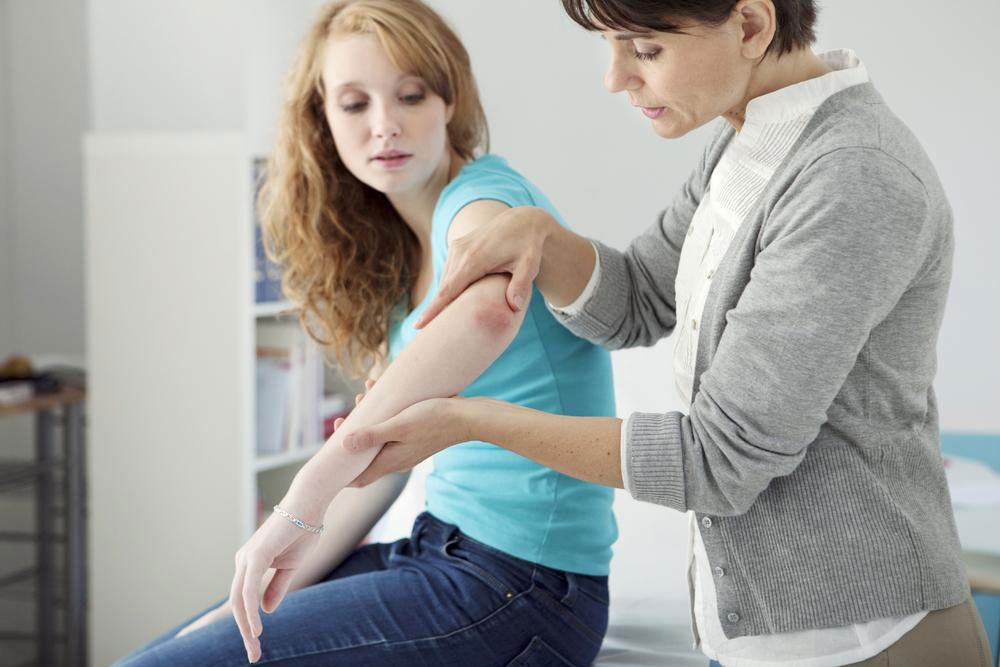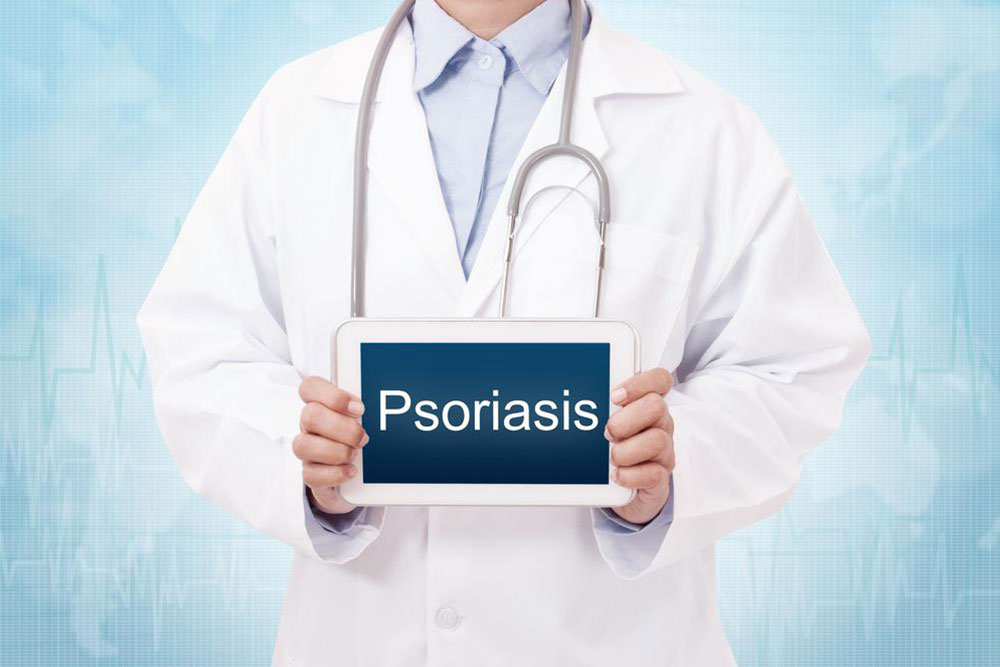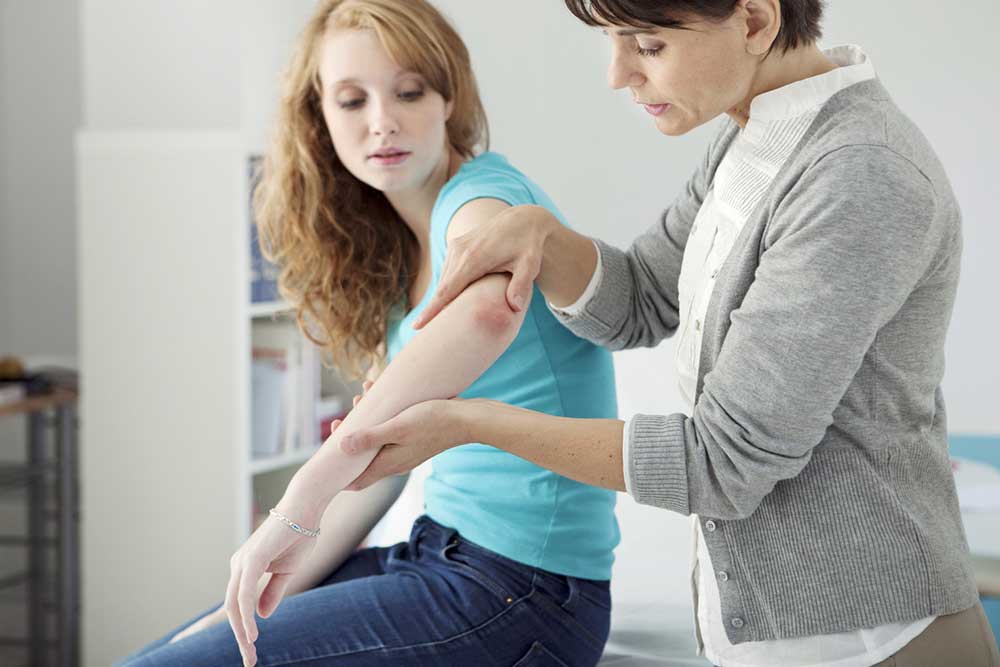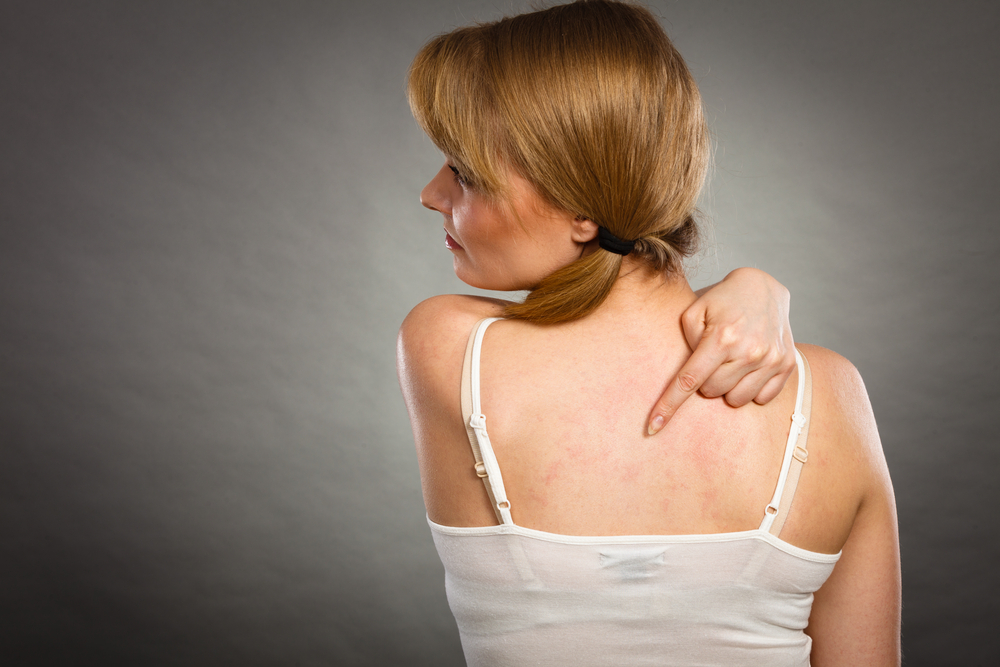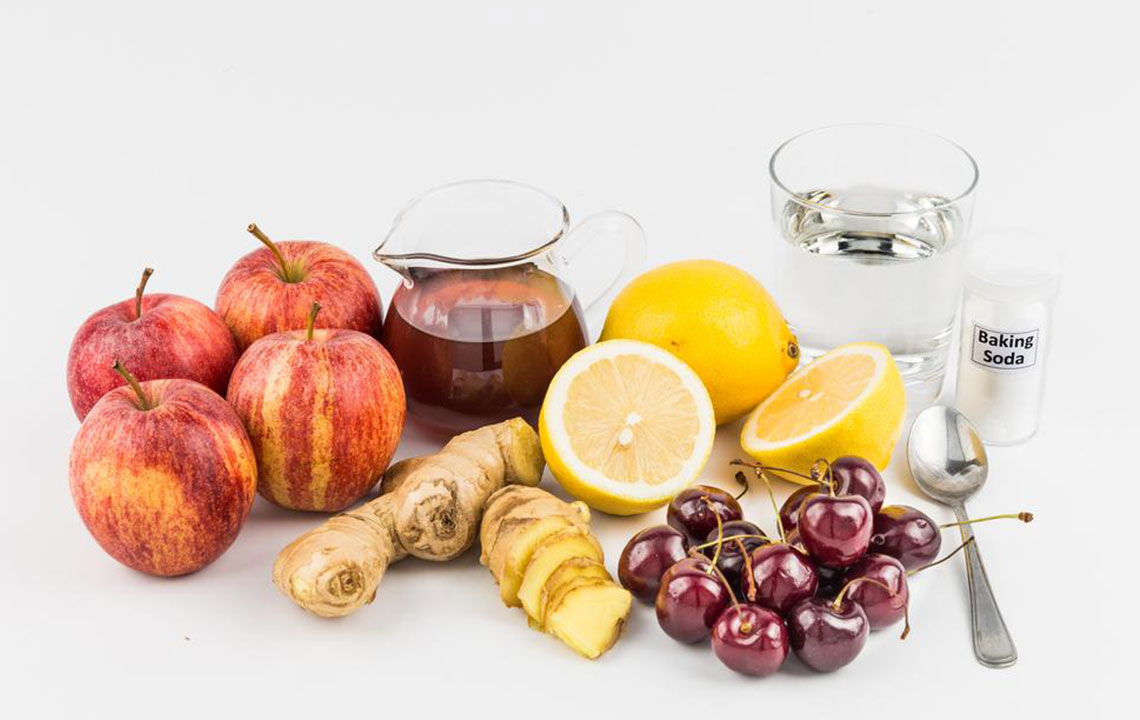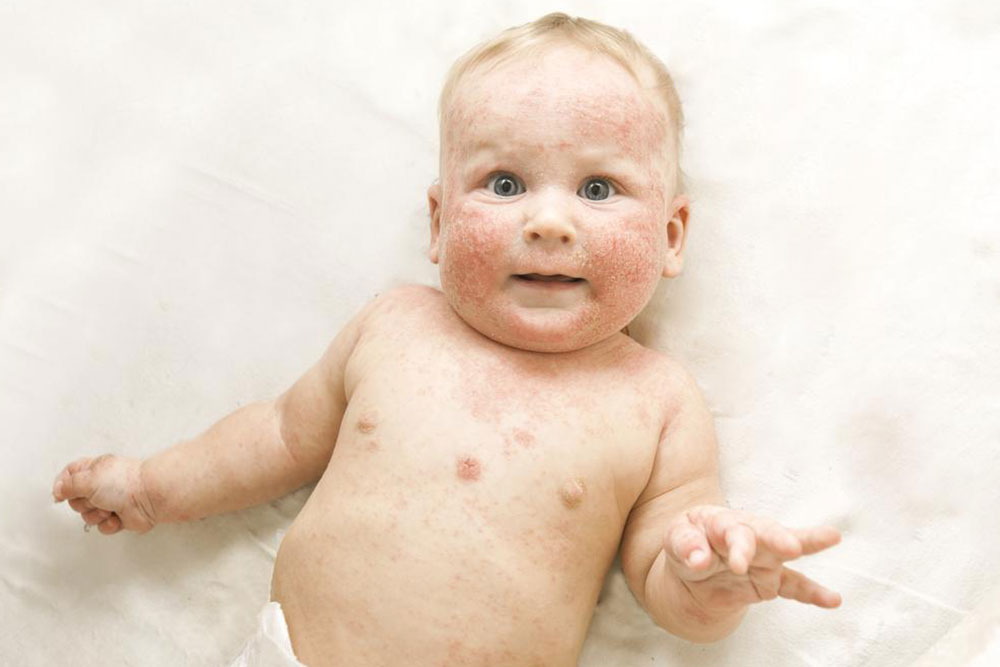Effective Strategies for Managing Plaque Psoriasis
Discover effective treatments for plaque psoriasis, including topical creams, systemic medications, light therapy, and lifestyle modifications, to help manage symptoms and reduce flare-ups. Consulting a dermatologist ensures personalized care tailored to disease severity for better skin health.
Sponsored

Plaque psoriasis is a non-contagious autoimmune skin disorder characterized by inflamed, scaly plaques commonly found on the scalp, elbows, and knees. It results from the immune system’s abnormal response, influenced by genetic and environmental factors, including infections or minor injuries. The condition affects individuals across all genders and ethnicities, particularly between ages 15 and 35, impacting approximately 2-3% of the U.S. population. While there is no permanent cure, various treatments aim to control symptoms and reduce flare-ups.
Depending on severity, treatment approaches for plaque psoriasis include topical applications, systemic medications, light therapy, and lifestyle modifications. Dermatologists can recommend personalized treatment plans that may involve combining therapies for optimal results. These options include:
Topical therapies: Use of creams and ointments directly on the skin to reduce inflammation and slow skin cell proliferation. Common options include:
Corticosteroid creams such as triamcinolone and betamethasone
Vitamin D analogues like calcipotriol
Coal tar preparations, tretinoids, salicylic acid, and emollients
Systemic medications: For moderate to severe cases unresponsive to topical treatments, doctors may prescribe:
Biologics: Targeted immune therapies like ixekizumab, secukinumab, ustekinumab, infliximab, adalimumab, and etanercept that inhibit specific inflammatory pathways, administered via injections or infusions.
Traditional systemic drugs: Including cyclosporine, acitretin, and newer oral agents like apremilast, especially for active psoriatic arthritis or severe disease.
Phototherapy: Controlled exposure to ultraviolet light, either UVB or PUVA, under medical supervision can manage symptoms effectively.
Lifestyle adjustments: Managing stress, avoiding triggers like alcohol and tobacco, maintaining skin hydration with gentle moisturizers, and taking regular baths with colloidal oatmeal can improve quality of life and control flare-ups.

